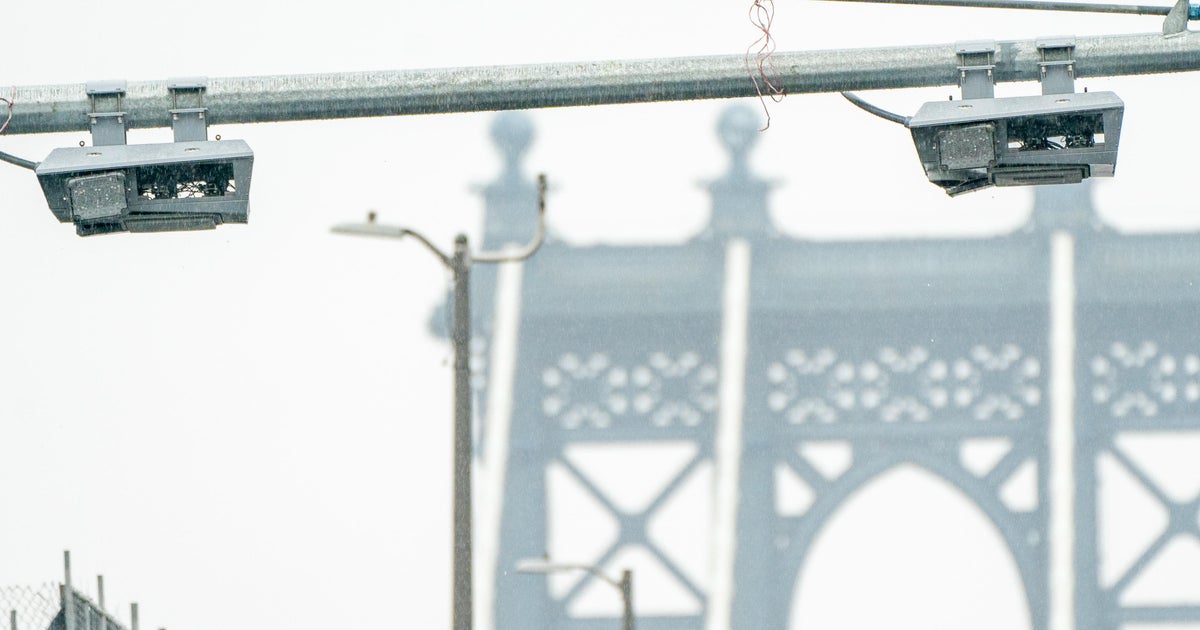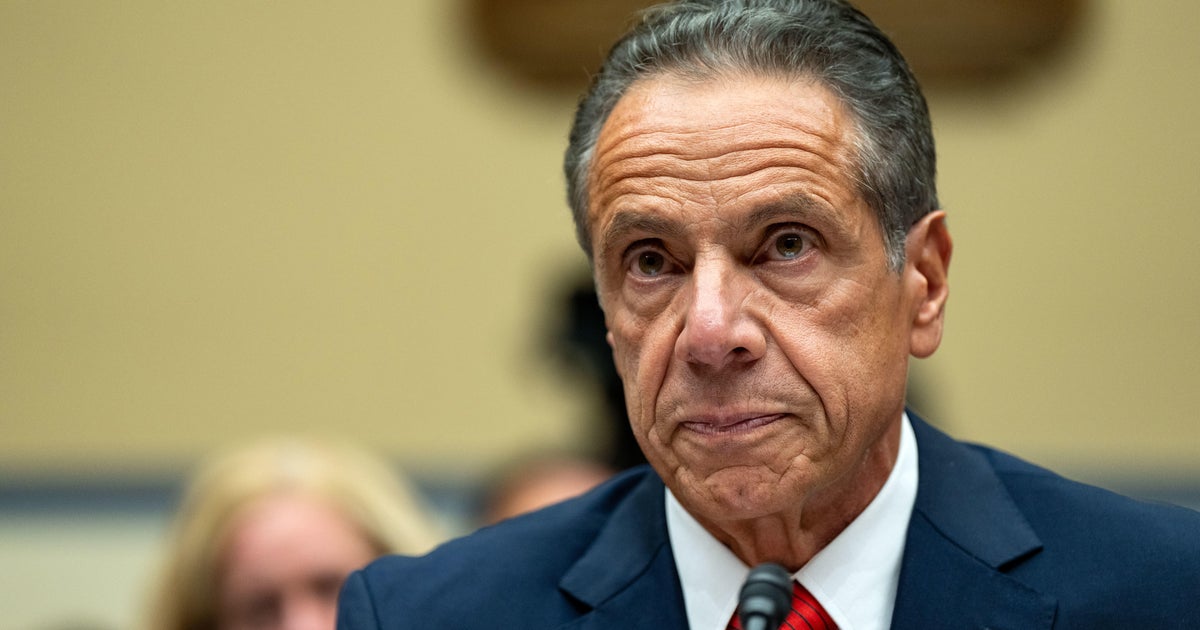Hochul administration clarifies body armor ban because it doesn't apply to protection used by Buffalo gunman
NEW YORK -- Gov. Kathy Hochul's administration is clarifying the state's so-called "ban" on the sale of body armor, admitting it actually took action that doesn't apply to the ballistic protection used by the Buffalo gunman.
CBS2's Tony Aiello has a look at the governor's rhetoric, versus the law's reality.
READ MORE: New York enacts sweeping gun control laws in wake of Buffalo shooting and other gun violence
Hochul signed a bill she says bans the sale of body armor. She tweeted about the body armor ban, and spoke about it, too.
"No longer will we allow the sale of body vests and armor to those who don't need them for work," Hochul said.
But it turns out the bill does not ban the type of body armor that protected the Buffalo gunman.
"I think this is a huge blunder, but I think it's a huge blunder only because it doesn't do what it says it's supposed to do. I think that's a big problem," said Dr. Warren Eller, a professor at John Jay College.
Eller pointed to the language of the law -- the term "armor" doesn't even appear.
"I think the intent with this was to prevent these kids from going out in full body armor, not soft bulletproof vests," Eller said.
The loophole in the law was first reported by The Trace.
READ MORE: Mayor Eric Adams takes fight to get guns off New York City streets to lawmakers in Washington
Rockland County Sheriff Louis Falco showed Aiello the difference. The Hochul administration admits the law restricts the sale of soft vests -- made with Kevlar and other material, which warn they are not intended to protect against rifle fire.
The law does not restrict the hard-plated body armor worn by SWAT teams and the Buffalo gunman.
"It's made of a heavy duty metal so you can't penetrate with a rifle round," Falco said.
The Hochul administration says the soft vests are a "type of body armor" and promised to "work with the Legislature to expand ... the law at the first available opportunity."
"The law is very confusing. I think they need to have to go back and really re-examine the wording," Falco said.
The sheriff is urging the administration to work with law enforcement to get the language and the law right.
Numerous non-law enforcement professionals, including transit workers and photojournalists, are asking for carve-outs in the law, allowing them to purchase ballistics protection for use on the job.




